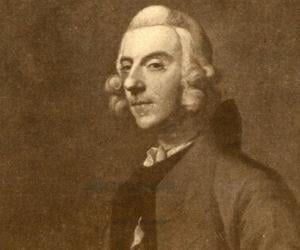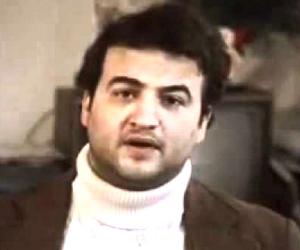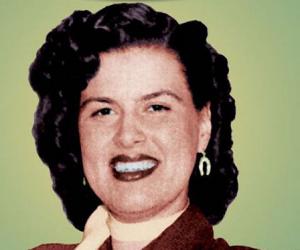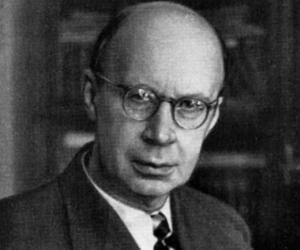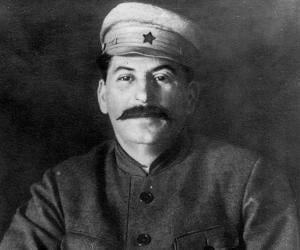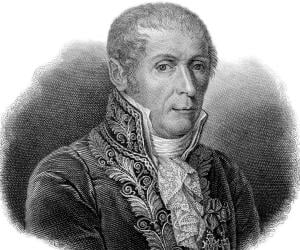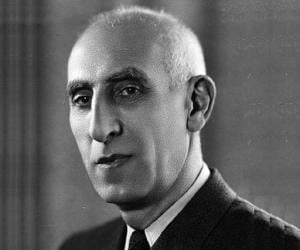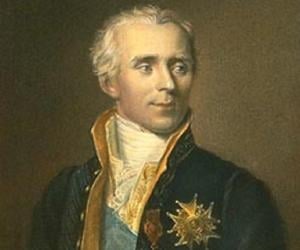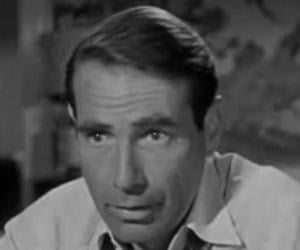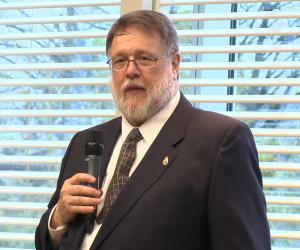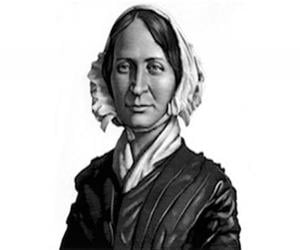One of the original cast members of the popular TV show Saturday Night Live, John Belushi was known for his great comic skills. Unfortunately, he struggled in his personal life with drug addiction and eventually died of combined drug intoxication at the age of 33. He posthumously received a star on the Hollywood Walk of Fame.
Patsy Cline was an American singer widely regarded as one of 20th century's most influential, celebrated, and respected vocalists. Her singing style helped influence several artists and musical genres. She also helped define the Nashville Sound style associated with country music. She has been a major influence on artists, such as Loretta Lynn, Reba McEntire, Linda Ronstadt, and Dottie West.
Sergei Prokofiev was a Russian Soviet pianist, composer, and conductor. Renowned for creating masterpieces across various genres, Prokofiev is widely considered one of the 20th century's major composers. Many other composers like Arthur Honegger have called Prokofiev the greatest contemporary musician of all time. An open pianists' competition, which is held every year in Ukraine, is named after Sergei Prokofiev.
Controversial Russian dictator, Joseph Stalin, ruled the Soviet Union for around 25 years from 1929 to 1953 and is credited for making it a prominent industrial and military power of the world. During the Second World War, his army defeated the Nazis too. However, his regime was also one of terror and brutality where numerous Soviet citizens lost their lives.
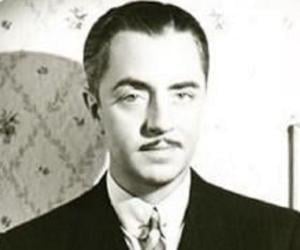
William Horatio Powell was an American actor who established himself as a prominent star at Metro-Goldwyn-Mayer. He is best remembered for appearing alongside Myrna Loy in The Thin Man film series. William Horatio Powell received three Academy Award nominations for Best Actor for his performances in The Thin Man, My Man Godfrey, and Life with Father.
Indigenous Canadian actor Jay Silverheels gained international popularity for playing Tonto, the Native American companion of the protagonist in the American western TV series The Lone Ranger. As a young man, he excelled in athletics and became a lacrosse player. He later quit sports to pursue acting. He bred and raced Standardbred horses as a hobby.
Though French scholar Pierre-Simon Laplace is primarily known for his work on the solar system, his research extended to areas such as mathematics and physics, apart from astronomy. Widely known as the Newton of France, he escaped being executed during the French Revolution, owing to his lack of political views.
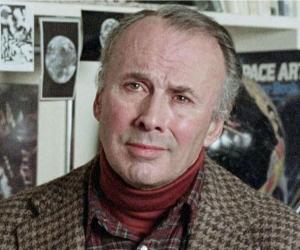
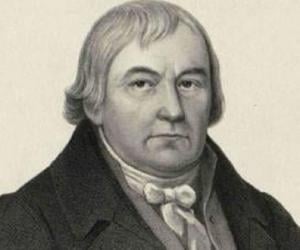
Though a doctor, Franz Mesmer studied the influence of astronomical bodies on the human body and on an invisible fluid inside it. He was a pioneer of animal magnetism, or mesmerism, which paved the path for modern-day hypnotism. Critics slammed his ideas and called him a fraud, too.
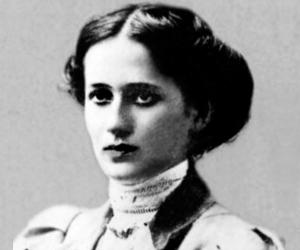
One of the greatest Russian women poets, Anna Akhmatova had started writing poems at age 11. She was part of the Acmeists, who laid down their own style, Acmeism. Poema bez geroya and Requiem remain two of her finest works. She later wrote about the horrors of the Stalinist regime.

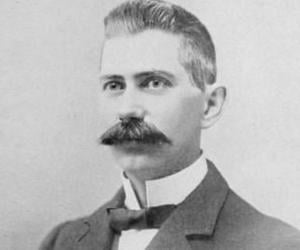
David Dunbar Buick was a Scottish-born American inventor best remembered for establishing the popular Buick Motor Company, which went on to become the basis of the General Motors empire. In 1974, Buick was inducted into the Automotive Hall of Fame for his immense contribution to the automobile industry in the United States of America.


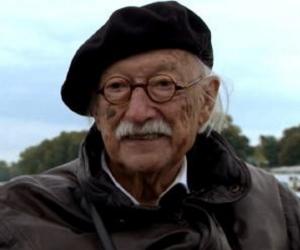
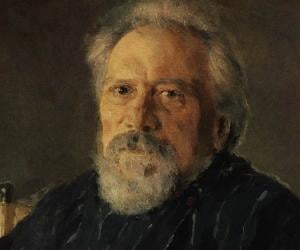
Known for works such as Cathedral Folk and Lady Macbeth of the Mtsensk District, Nikolai Leskov enriched Russian literature with his short stories and novels that mirrored the burning social issues of his time. He had also worked as a journalist. Many of his works bear the pseudonym M. Stebnitsky.


Georges Vanier was a Canadian military officer and diplomat. He was the governor-general of Canada from 1959 to 1967; he was the first French-Canadian to hold this post. A lawyer by qualification, he served in the army before joining politics. He was popular as the governor-general and earned respect for his war record. He received the Distinguished Service Order.
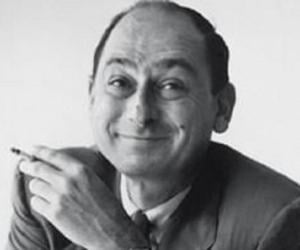
One of the greatest American architects of the 20th century, George Nelson had spent a considerable part of his life as the design director at the furniture company Herman Miller. A pioneer of American modernism, he also specialized in metadesign. One of his most popular creations was the Sling Sofa.
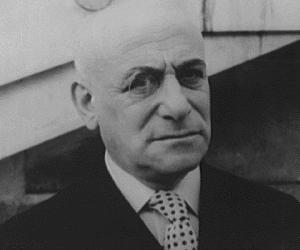

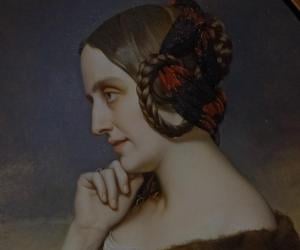
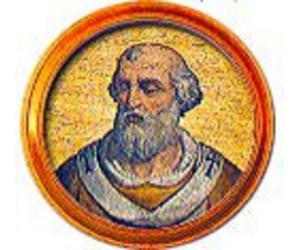

Nikolaus Harnoncourt began his musical career as a classical cellist and grew up to be one of the finest conductors of Austria. He ruled the music scene with the ensemble Concentus Musicus, focusing on historical performance, and later also worked with modern ensembles such as the Chamber Orchestra of Europe.
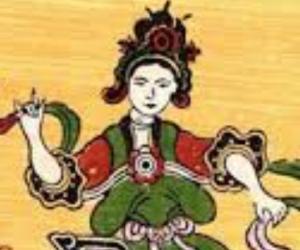
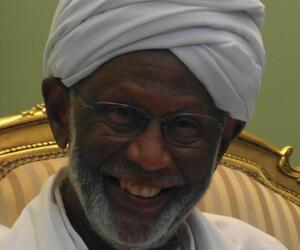
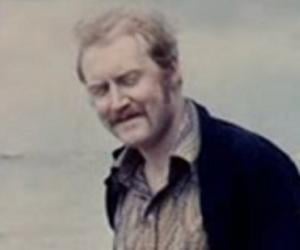

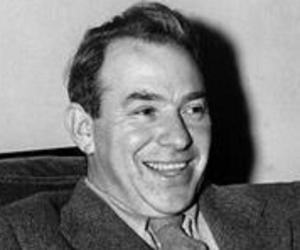
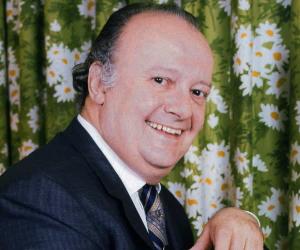
Tito Gobbi was an Italian operatic baritone who performed at major opera houses throughout Italy. He is best remembered for his portrayal of the roles of Falstaff and Iago. After his retirement, Tito Gobbi focused on his writing skills and produced two books, including his autobiography titled Tito Gobbi: My Life.
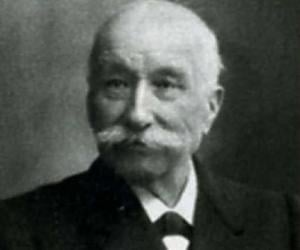
Clément Ader was a French engineer and inventor best remembered for his pioneering work in aviation. Widely regarded as the father of aviation in France, Clément Ader is still revered for his early powered-flight efforts. His aircraft models are still displayed at Paris' Musée des Arts et Métiers.
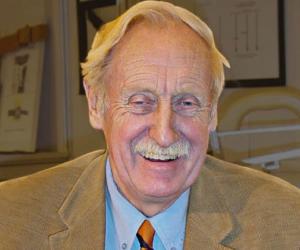

Renowned historian Hayden White was known for his pathbreaking criticism of traditional historiography. His best-known work is Metahistory: The Historical Imagination in Nineteenth-Century Europe. He taught history at the UCSC and comparative literature at Stanford University and also once sued LAPD for their covert operations at UCLA.
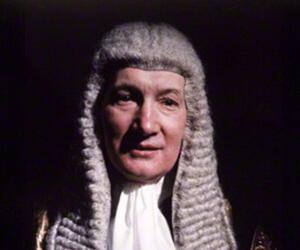
Tom Denning, Baron Denning was a British lawyer and judge. In 1938, Denning was appointed a King's Counsel before becoming a judge in the High Court of Justice in 1944. In 1962, he was appointed Master of the Rolls, a position which he held for two decades. Denning was called the greatest British judge of modern times by Margaret Thatcher.

Aṭā Malek Joveynī was a Persian historian. He is best known for writing an account of the Mongol Empire titled Tarīkh-i Jahān-gushā (History of the World Conqueror). Like his grandfather and father before him, he served as an important state official in the Mongol court, becoming privy to confidential information unavailable to other historians.

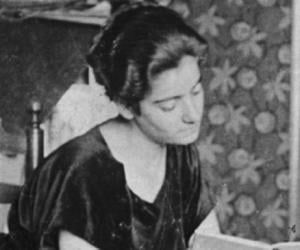
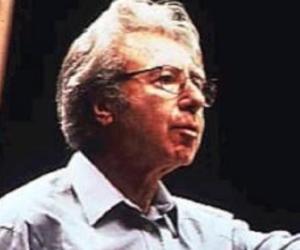
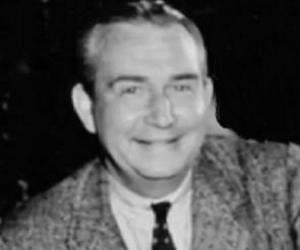
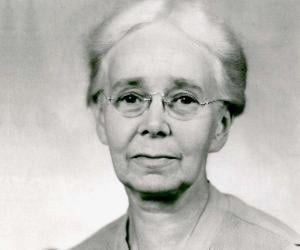
Leading American botanist and ecologist, E. Lucy Braun, an expert on the forests of the eastern United States, was noted for her pioneering work in plant ecology. She advocated and made efforts to conserve natural areas and establish nature reserves. She served as a professor of University of Cincinnati and as the first woman President of Ecological Society of America.

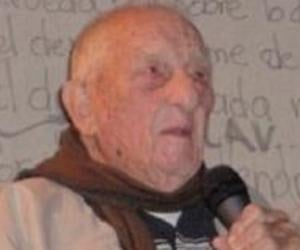
Alberto Granado was an Argentine-Cuban doctor, biochemist, scientist, and writer. He is credited with establishing the University of Santiago de Cuba School of Medicine. Alberto Granado was also a traveling companion and friend of Che Guevara. His memoir about the 1952 motorcycle tour with Che inspired the 2004 biopic, The Motorcycle Diaries.
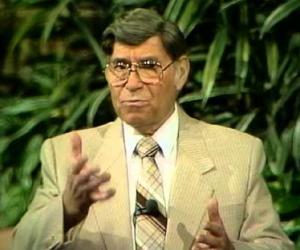
Apart from being a renowned biochemist, Duane Gish was also a World War II veteran and a prominent Creationist. He taught at Cornell and penned iconic books such as Evolution: The Fossils Say No! He was also known for his fiery debates and had headed the Institute for Creation Research.
